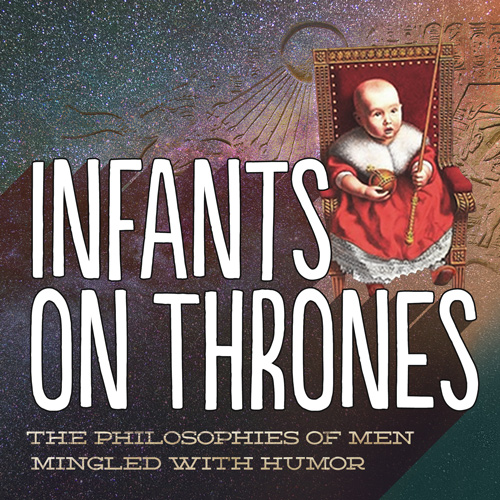Yeah, I was linked by a ward friend to the Arizona story and I’m horrified and upset (but not shocked, sigh). The hotline thing is both awful and horrifying – one of the (relatively liberal LDS) blogs (that I have mostly fallen out of the habit of reading but have been revisiting these last couple of weeks) had an article where the author had, a while back, actually called in to the hotline to see what it was all about (fortunately not as someone in active crisis), and the exchange was, perhaps literally, damning; they said they could only talk to bishops, there was no resource for survivors.
(And I thought of you, too. I would have liked to say that there’s been progress since you were a kid on this front, but it really doesn’t look like there’s been much, does it?)
Some local leaders may not be that bad, but the Mormon church can’t get too liberal or they will hemorrhage followers to the conservative breakaway sects.
Mm. The Church is hemorrhaging the younger generation already because they’re too conservative (or… in this case… idek if “conservative” is the word, just too awful). And not necessarily because of terrible experiences like you had – anyone my age (40’s) or younger is exposed to stuff my parents’ generation never were, via the internet and culture in general. (I’d never have heard about the Arizona article thirty years ago.) There are quite a few people I know who are my parents’ age, or a little younger – former stake presidents, former bishops, high councilors – where some or all of their kids have left. Maybe that hemorrhaging was also happening thirty years ago, but it seems to me at least anecdotally that there was less of it. I think they’re bound to lose people no matter what.
But agreed to obedience over all as a way to double down on the psychological in-grouping. Still hearing a bunch of that, although honestly I don’t think it’s any more than I heard when I was a kid (when I was also in a couple of other different cultures that prized obedience), and probably less overall. It’s just more jarring than it was, now that I’m no longer in those other cultures.
(Our current stake president is actually kind of terrible about obedience in general and missionaries in particular. I really do not like him. But that’s another story.)
I don’t see a lot of difference between the FLDS and mainstream Mormon churches. While the former is currently openly practicing polygamy, the latter still have it as an eternal principle. The types of cult-like behaviors of the FLDS isn’t that much different than what many missionary presidents impose on their missionaries.
Welll… I’m going to push back against this a little. I’ve never met a practicing LDS member who takes polygamy seriously (if they did, I think they’d go be FLDS) – it seems extremely common to say, “eh, it’s an eternal principle but I’m just going not to worry about it,” the way that my Lutheran friends just mostly don’t worry about babies maybe being damned if they don’t get baptized before they die. (Yes, sometimes polygamy bothers people, and sometimes damned babies do too, but often it doesn’t.) And maybe what you say about mission presidents is true (I never went on a mission) but I don’t think it’s quite fair to say that the fact that some missionary presidents may engage in some aspects of cult-like behavior means that as an entire church that we’re not that different from the FLDS. I guarantee I’d rather be in the modern-day LDS church than the FLDS. Though I will also concede that I would absolutely positively rather be in my ward than in at least 90% of the other wards out there, and I’d be pretty unhappy in most wards if I couldn’t leave. (Actually, that’s a large part of why I think LDS and FLDS are qualitiatively different – I could leave my ward at any time, and socially it might not be ideal but it would honestly be fine (partially because a lot of my socialization is already outside of the ward, and partially because LDS has a lot invested right now in proving that they are normal and not culty, so while there might be some social shunning/repercussions there wouldn’t be other consequences), whereas I get the impression that it’s very much harder for a woman to leave the FLDS and polygamy because it’s got much more in the way of explicit socioeconomic ties.) And this:
The look and feel of the FLDS church isn’t that much different that the LDS one in the 60s and 70s as I was growing up. Although the documentary focused on the girls and women, boys and men also face a lot of pressure to conform.
…is rather fair. Except, as I alluded to above, I feel that the LDS church in the 70’s fit in a bit better with the surrounding culture than the FLDS church does now. I grew up in the US South, and while we were considered weird and going to hell, in terms of the overall gestalt I didn’t feel like there was a lot of difference between my Baptist friends and myself.
Do you want to take this to another thread? I’m happy to talk about this, and will engage if you start another thread and tag me, but I do sort of feel like even though we’re referring to polygamy and the FLDS, our discussion is becoming more specific to Church of Jesus Christ Latter-Day Saints policies and at the same time farther afield than general polygamy advocacy.
